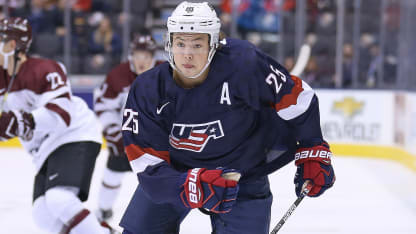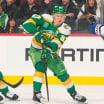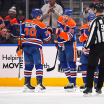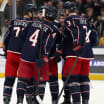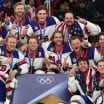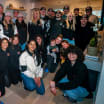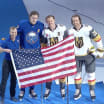Throughout World Junior history, the United States has always struggled against Russia. In 17 meetings, the U.S. has won five times. Making matters worse for the Americans is that when they've faced Russia in the medal round, they've never defeated them (0-7).
"To be honest, before you said it I had no idea and I don't think that [the players] do," United States assistant coach Grant Potulny said. "The thing that's unique about these teams, the carryover is so few. You might have a couple guys that played the year before, but a lot of guys it's a fresh tournament and it's a fresh start against other fresh players. It's not like you're coming from your regular team where you built up a little rivalry or animosity or history with these players on these teams. The countries for sure have the history, but the players don't. I think a lot of times they're just playing hockey."
Even though the United States lack of success against Russia isn't exactly well known, their matchups are made intriguing because of the history between the two countries and how their styles of play differ.
"They can and they do want to play a break-you-down 1-on-1 game," Potulny said. "You don't see that in North America because you hear all the time about puck support, 2-on-1-ing people. Their skill level is so high that they can break you down 1-on-1 and that's a big thing that if you let your defenders be on an island against someone with talent, then they have the opportunity to break you down 1-on-1. But if you can swarm and outnumber defensively I think you can do a good job trying to support the puck defensively and make it a little more difficult."
The United States rivalry with Russia makes for great theater, but is it a rivalry on par with Canada at the World Junior Championship? The players seem to think so.
"I think for a lot of guys it would feel like that," McAvoy said. "It's been a while since we've beaten those guys and it's been a while since a lot of us have beaten them. If we kind of take the approach that it's a personal game, I think we'll be pretty successful."
